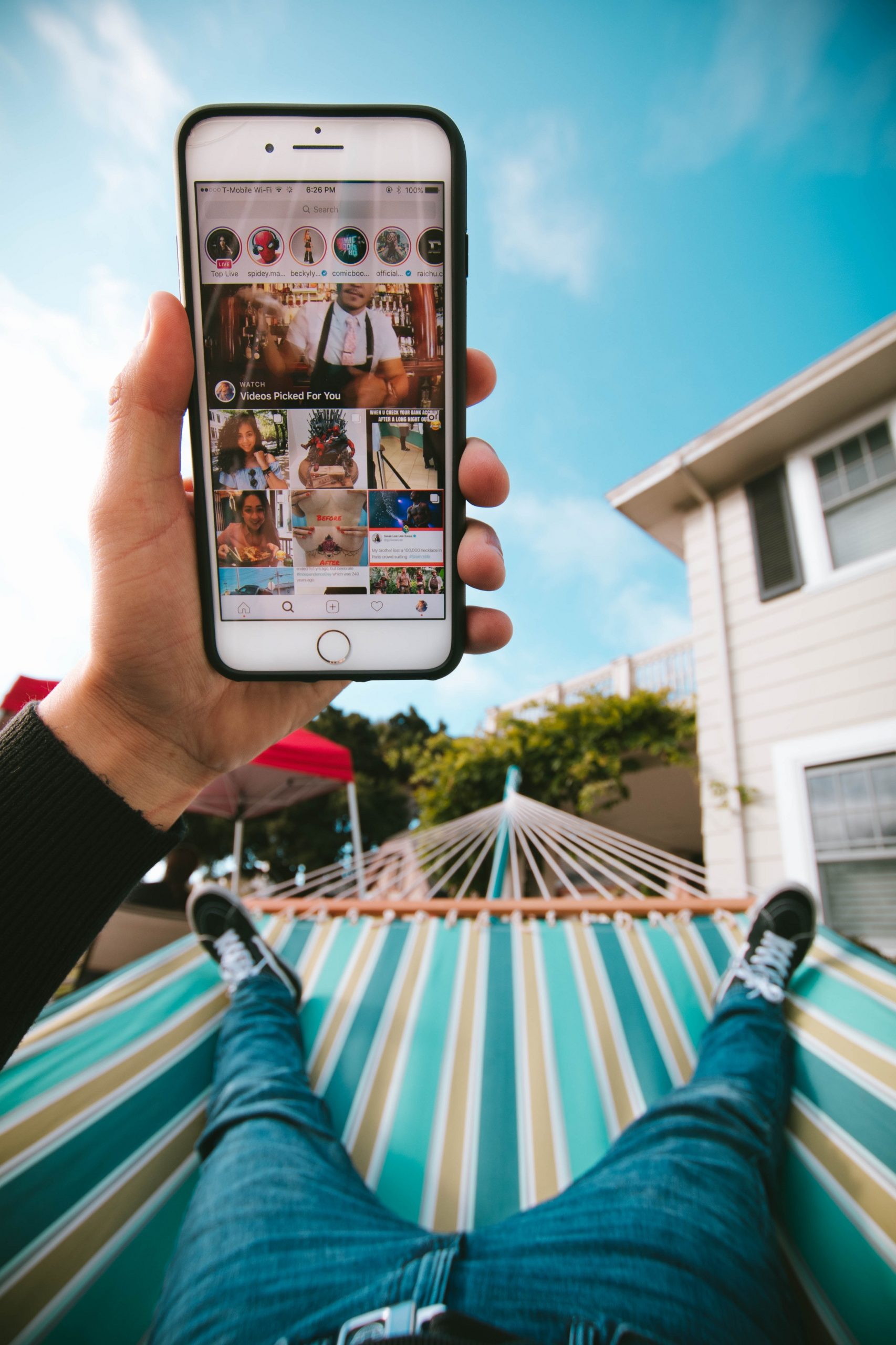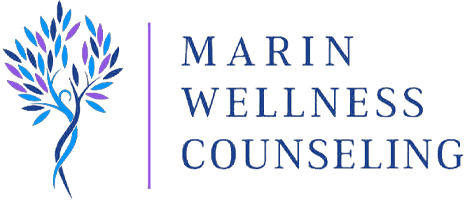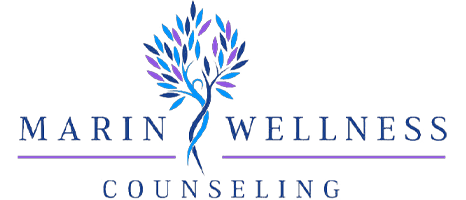The Effects of Social Media on Teenagers

As a therapist working with teens and with two children in middle school, I have been thinking a lot about how teens socialize and the ways in which they do it. A large part of this generation’s social and emotional development is occurring while on the Internet and through cell phones.
What do they miss out on with social media interaction and what do they gain?
It is hard to keep up with social media, one’s own not to mention that of your teen. There is much debate around whether social media is damaging to the mental health of teens. Online connections can be beneficial to teens while social media connections can lead to a rise in symptoms of anxiety, depression, and eating disorders.
Herd mentality is big on social media and who doesn’t like to be “liked” with images/photos that are posted. Teens get easily caught up in likes and dislikes, who was at an event, who went where and with who. It is ultimately this Fear of Missing Out (FOMO) that is behind the desire to use screens. FOMO is huge for this generation of young people who exist in a society in which they love accolades, attention, and gratification.
As a parent myself, I have caved to allowing my kids access to social media (limited use with limited platforms), because I know there are some positive aspects to it, such as making socializing easy and immediate. This is especially true for teens who struggle with social skills and social anxiety. But when does social media become a crutch and not just an addition to face-to-face interactions?
As with most things that have negative and positive attributes, it is helpful to list these out and consider them when deciding whether your teen is developmentally ready to access social media in a responsible manner.
The Positive Effects of Social Media on Teenagers:
- Provides teens with the opportunity to stay connected to friends and family by sharing pictures and exchanging ideas.
- Provides a platform for teens in marginalized groups, including LGBTQ teens and teens struggling with mental health issues. When teens connect with small groups of supportive teens via social media, those connections can be the difference between living in isolation and finding support.
- Being part of a larger community and getting to know others through shared interests.
- Provides enhanced learning opportunities.
The Negative Effects of Social Media on Teenagers:
- Focusing on likes: The need to gain “likes” on social media can cause teens to make choices they would otherwise not make, including altering their appearance, engaging in negative behaviors, and accepting risky social media challenges.
- Cyberbullying: Cyberbullying is associated with depression, anxiety, and an elevated risk of suicidal thoughts.
- The more time young people spend on social media, the more likely they are to have problems sleeping and report symptoms of anxiety and/or depression.
- Making comparisons: Everything from physical appearance to life circumstances to perceived successes and failures are under a microscope on social media.
- Less face time: Social interaction skills require daily practice, even for teens. It’s difficult to build empathy and compassion when teens spend more time “engaging” online than they do in person.
As much as we may want our teens to disconnect from the online world, we can choose to join with them by connecting with their use in the following ways:
- Ask your teens to show you how they use social media.
- Sign up for social media that your teens are using and follow them to gain a better sense of their online experience.
- Encourage healthier use of social media, to not exclude others, to not count “likes,” and to not worry if you are not “tagged.”
And finally, many teens really do recognize that overuse of social media can lead to an increase in low mood and decrease in grades. Encourage them to head outside, go to a movie with a friend, and engage in any other activity without the use of a phone or computer. They may surprise you and thank you for the suggestions.
Parents and teens together need to communicate about what the balance looks like between social media online connections and face-to-face connections. And in most cases, these two things overlap. Show your teen you want to talk about these issues and better understand what social media connections mean to him/her. And of course, we should be the first to set examples, by putting away our own devices and disconnecting from the online world.
If you want to learn how to more about teen therapy to help you recognize how your adolescent may benefit from support to help alleviate symptoms of depression and anxiety, give us a call to set up an appointment. We are here, we understand, and we care.
Daniela Weise, LMFT is a therapist at Marin Wellness Counseling who loves supporting teens and young adults. She is a Licensed Marriage and Family Therapist with a Master’s degree in Counseling Psychology from Dominican University. She has over eight years experience working with and advocating for adolescents and their families. Daniela has worked as a therapist in school settings, outpatient agencies, and private practice. Her experience and training has focused on treating depression, anxiety, substance use, self harm, trauma, grief and loss, and life transitions.

